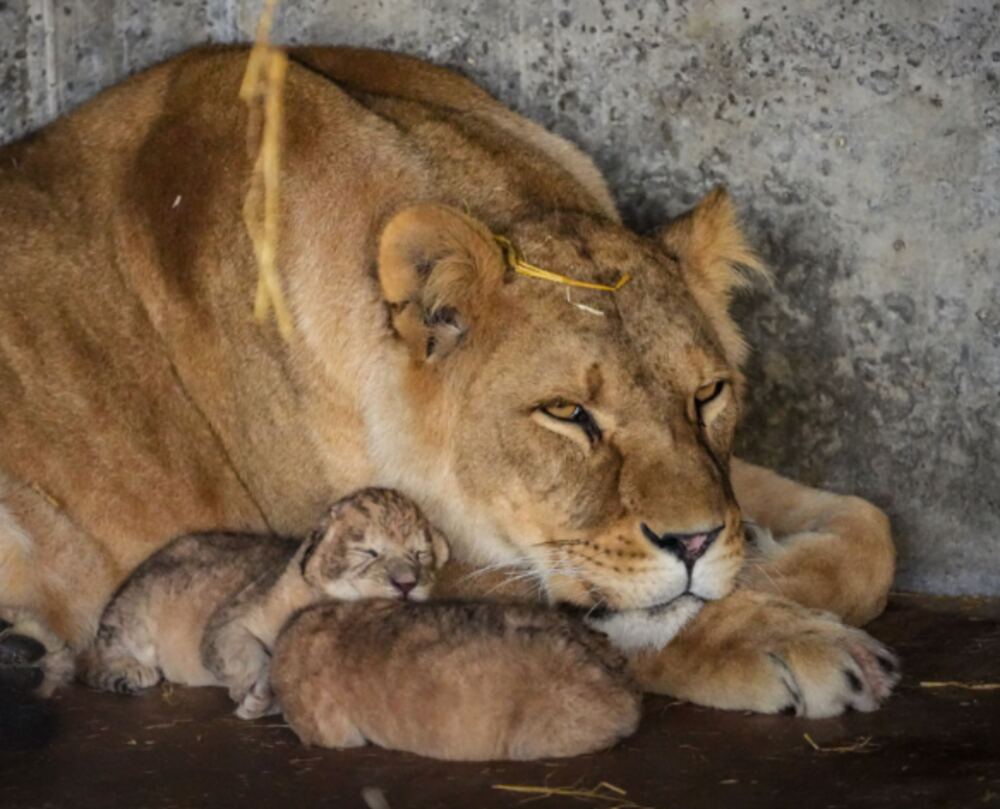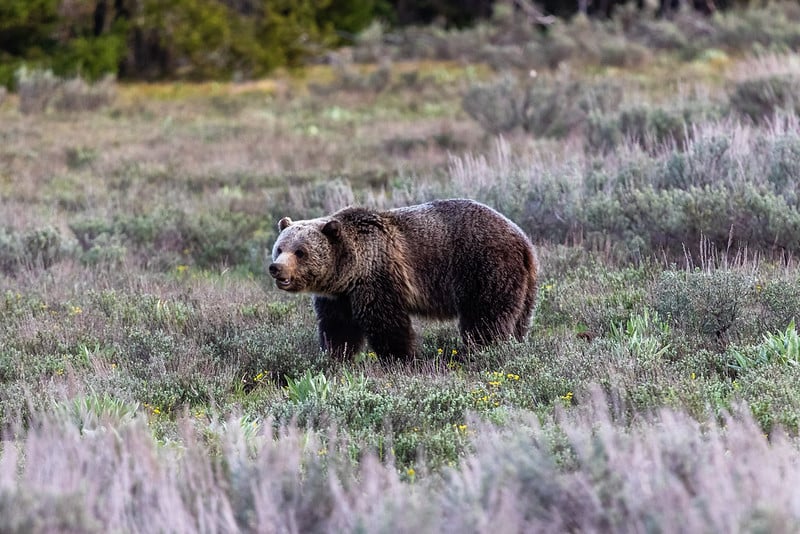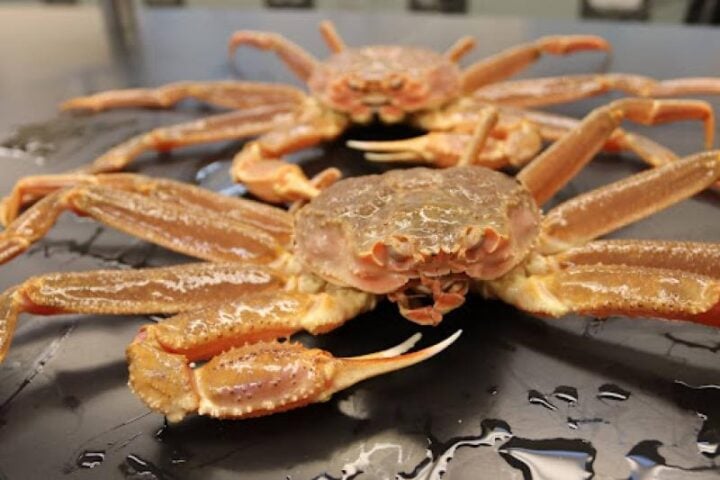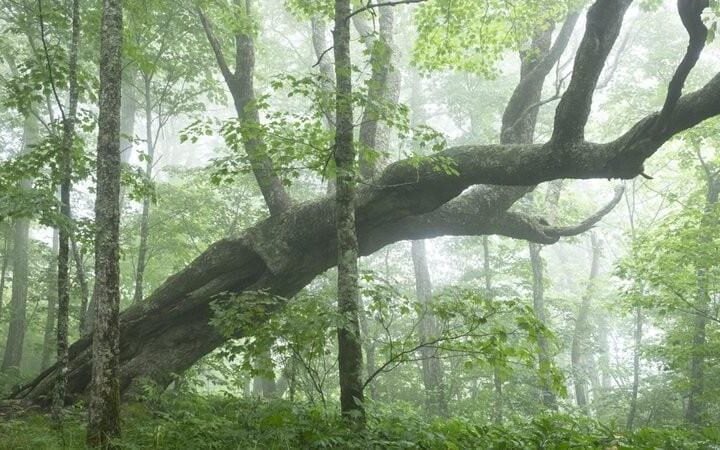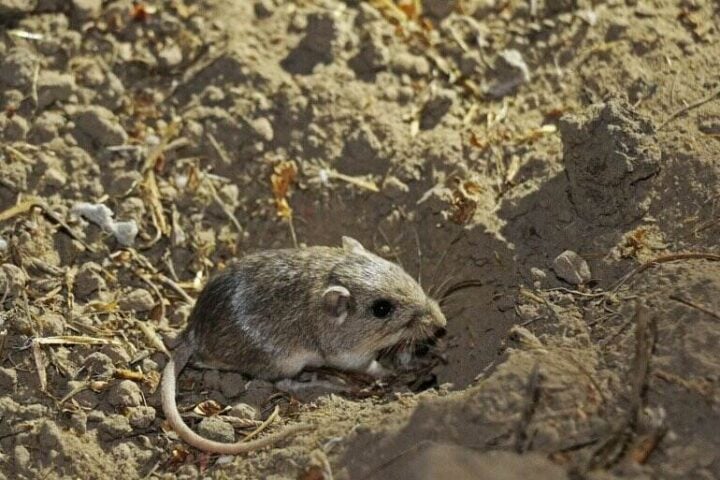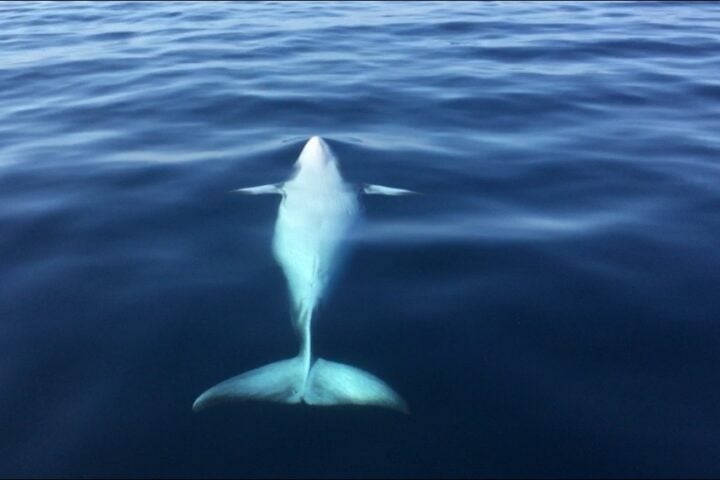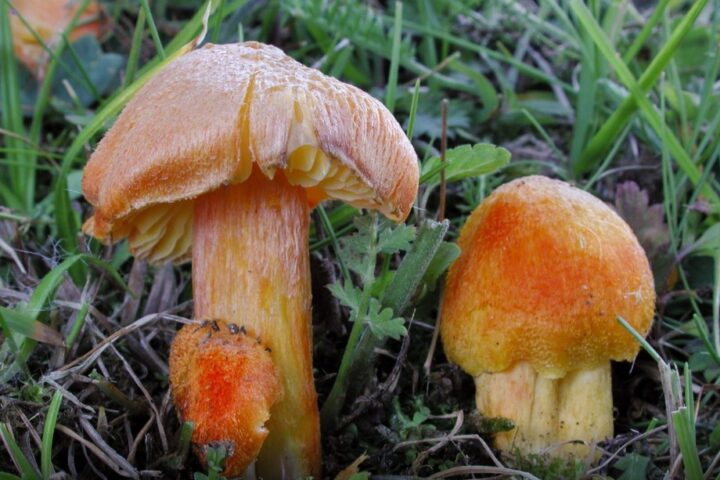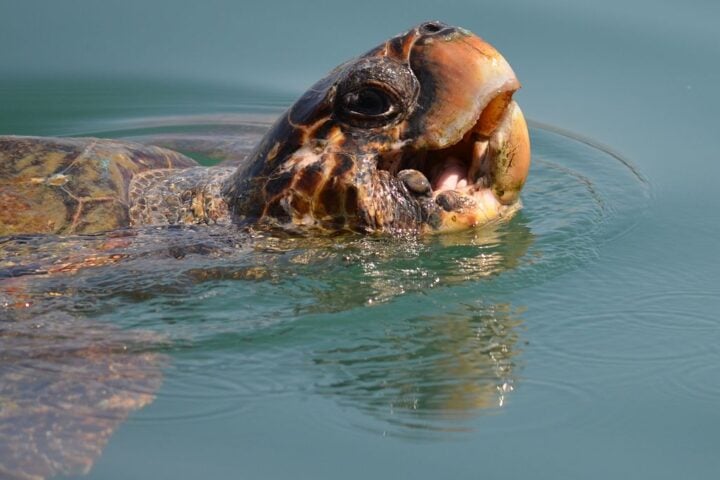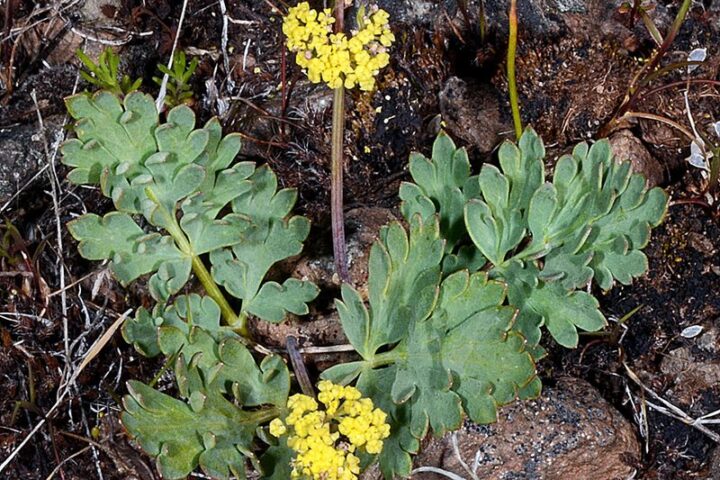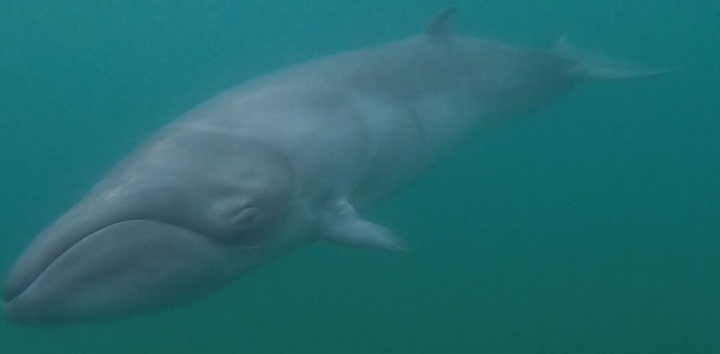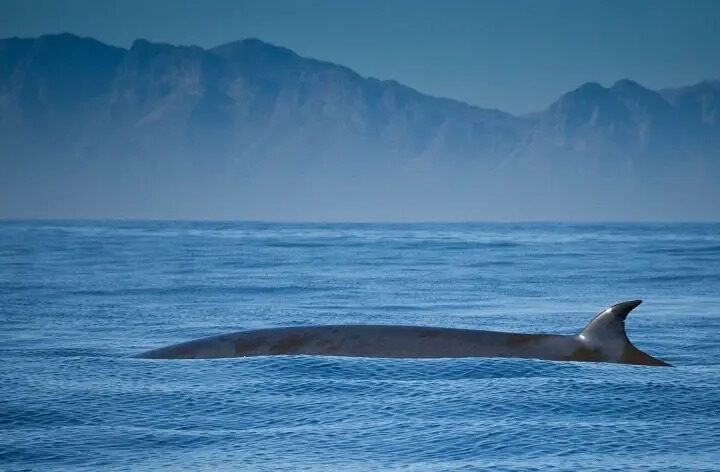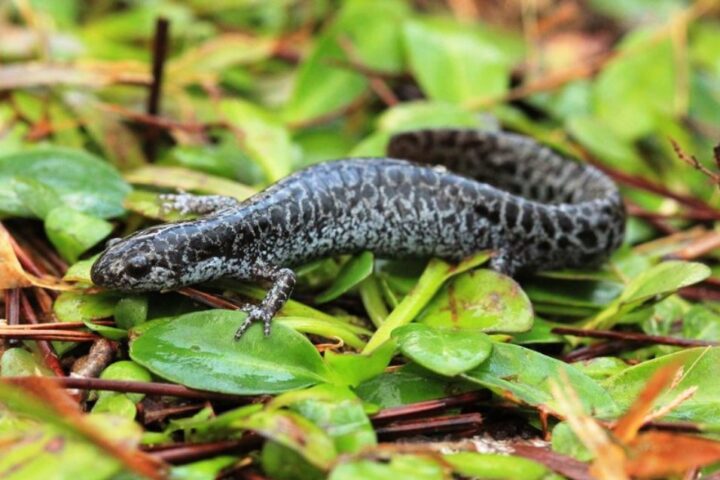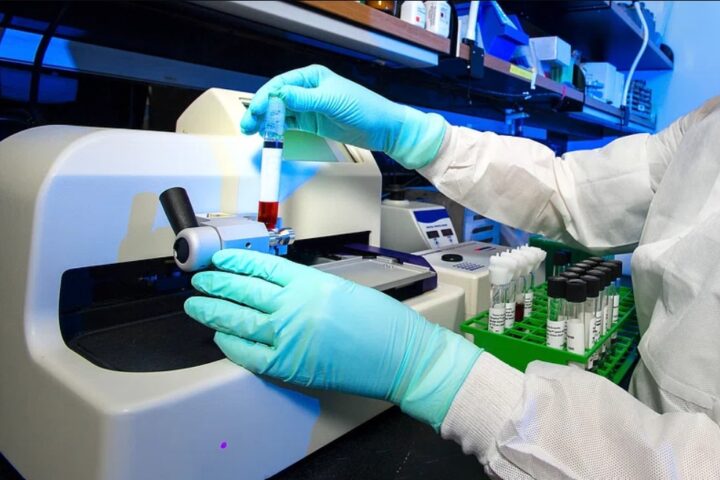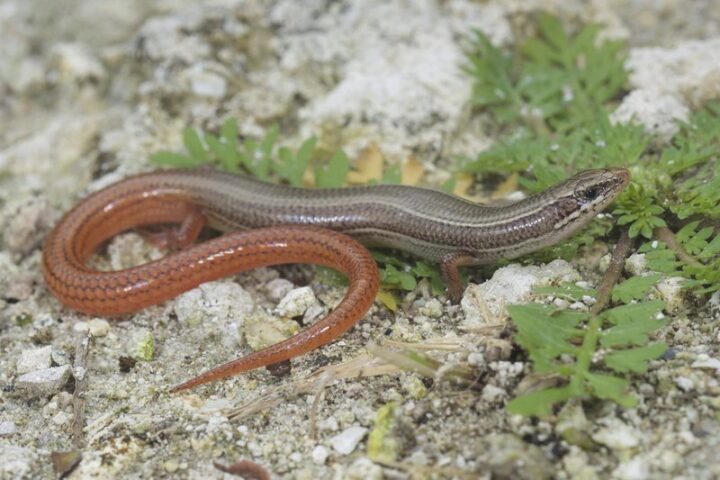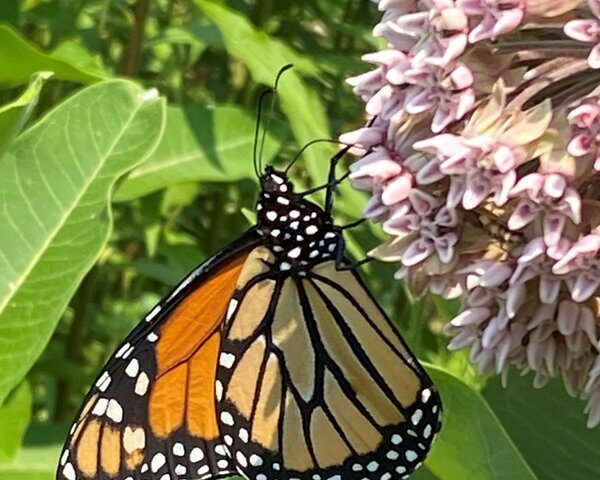A lioness rescued from the war in Ukraine has given birth to three cubs at Yorkshire Wildlife Park in Doncaster, adding a surprising new chapter to an already remarkable survival story.
Aysa and her first litter of cubs – Emi, Santa, and Teddi – arrived at the park last March after a 2,000-mile journey across six countries. The family had endured the trauma of Russia’s invasion, with the cubs spending nine months separated from their mother without seeing sunlight.
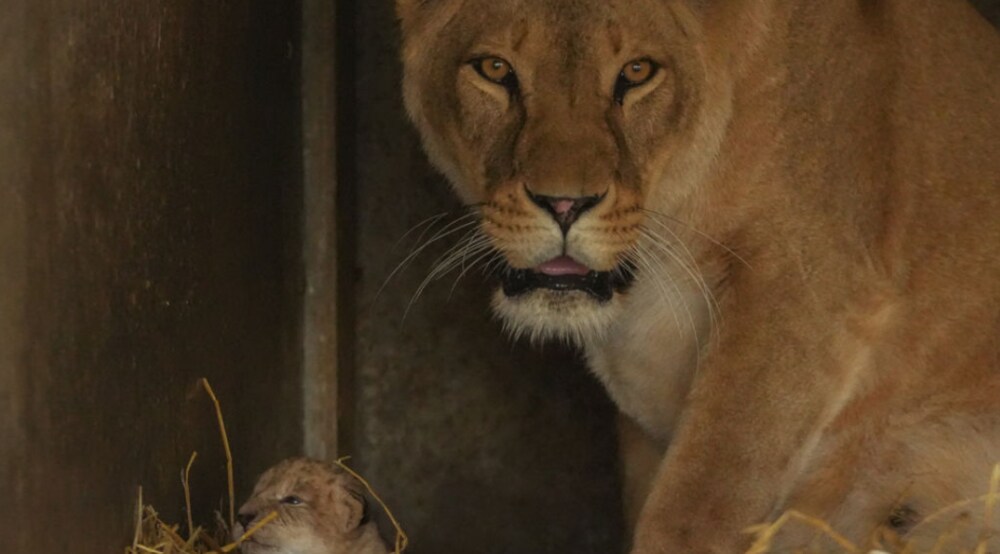
“These cubs will have a better start in life than their older siblings did,” said Dr. Charlotte MacDonald, Director of Animals at Yorkshire Wildlife Park. “It was a very pleasant surprise but one I would rather not have had.”
The birth came as a shock to park staff as Aysa was on contraception, and her son Teddi had undergone vasectomy procedures. The first procedure in October was only successful on one side, requiring a second operation in December.
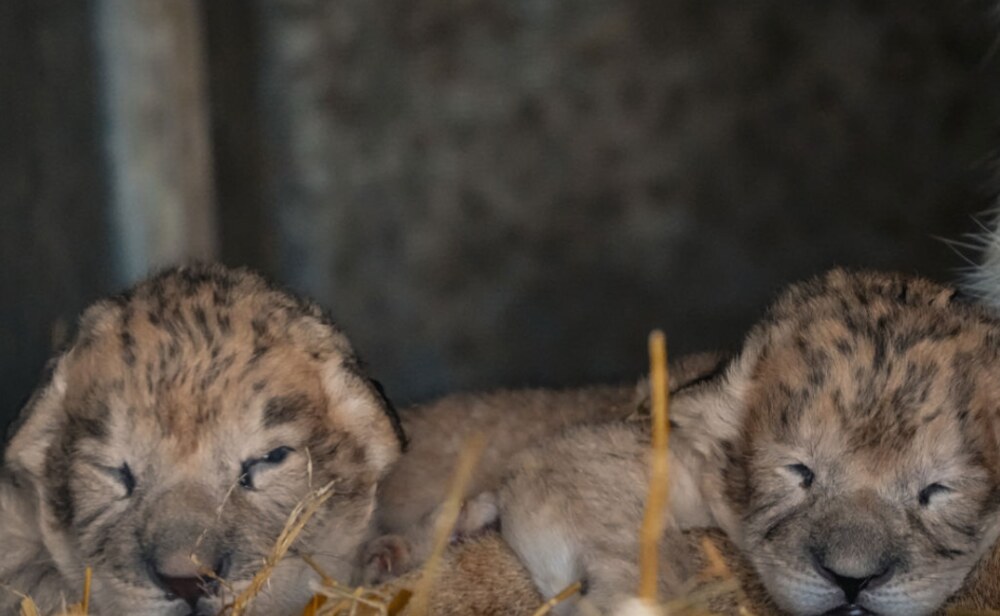
“Unfortunately even in humans we understand no contraception is 100% foolproof,” Dr. MacDonald explained. “Most contraceptives are only 99% guaranteed. So, against all the odds, it would appear that he’s managed to catch the 1% that didn’t work.”
Park staff chose to keep the family together despite the risk of pregnancy because separating them again after their traumatic experiences would have harmed their welfare.
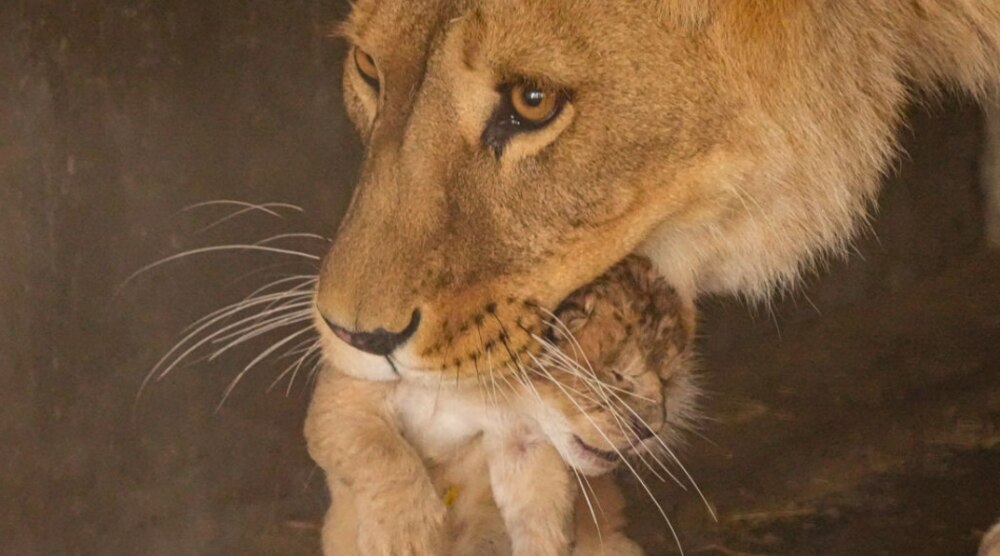
Similar Posts
“They had such a rough start in life, this little family. To split them up again would have just been horrendous,” Dr. MacDonald said.
The cubs were born late Monday and are reported to be healthy. Bex Brown, Section Head of Carnivores at the park, described them as “little fluffballs” with their eyes still closed. Aysa has proven to be an attentive mother.
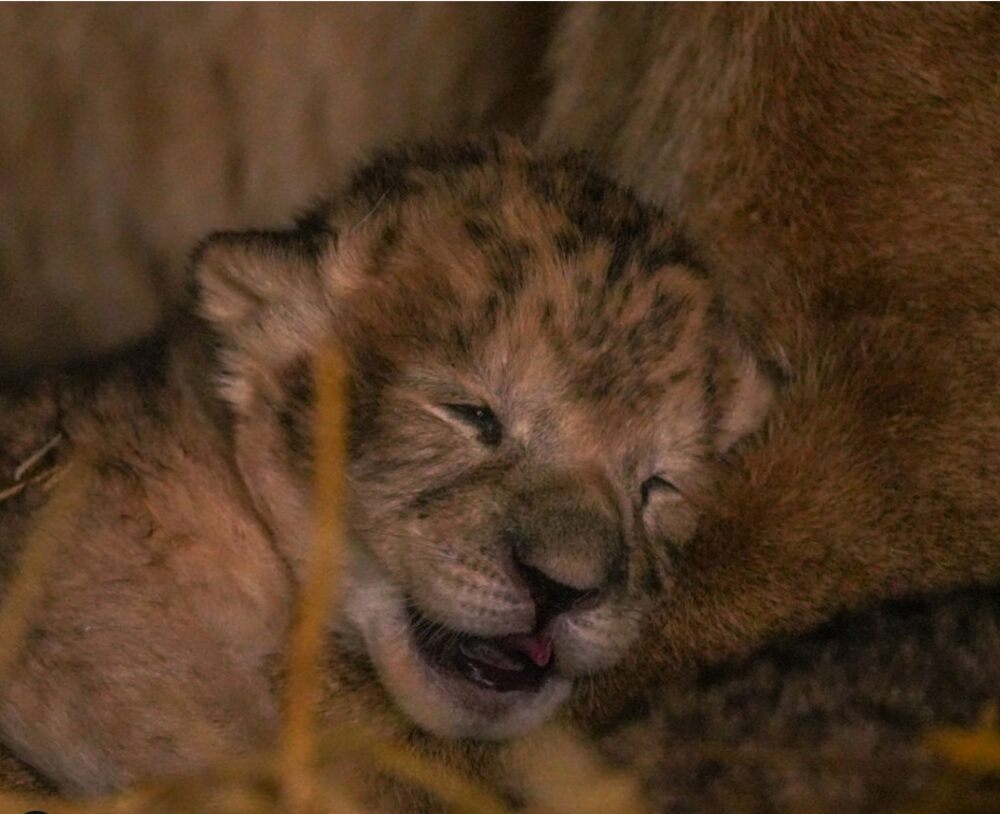
“She is being very attentive. All three look very strong and she doesn’t leave their side,” Brown said. “If one wriggles too far she brings it back and gives it a good clean. She also manoeuvres herself so they can all suckle well.”
The older siblings, now two years old, are currently separated from the newborns but show interest in them. Santa, the largest female cub from the first litter, “would like to get in there and do a bit of mothering herself,” according to Brown.
The rescue of big cats from Ukraine has become increasingly common as the war continues. The Big Cat Sanctuary in Kent recently opened a Lion Rescue Centre after raising £500,000 to house five African lions rescued from Ukraine. Some of these lions had never touched grass before and suffered from shellshock due to missile attacks.

“We now have a bigger family, not a little family anymore, but they are a family, and they will have a home here at Yorkshire Wildlife Park forever,” Dr. MacDonald confirmed. “We have absolutely no further intention of breeding any more. They will have a good life here.”
Cheryl Williams MBE, co-founder of Yorkshire Wildlife Park, added: “We are looking forward to the summer and sunshine and to them being happy, healthy and strong. Eventually moving forward they will be out in Lion Country and I’m sure everyone will embrace them like we do.
